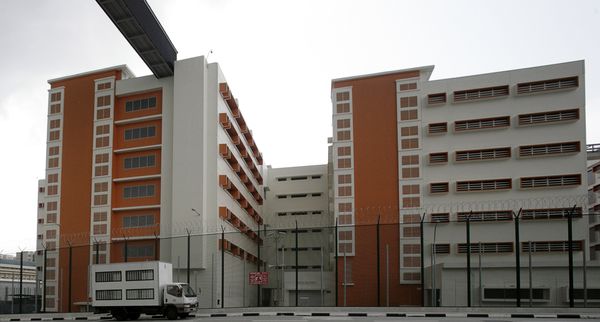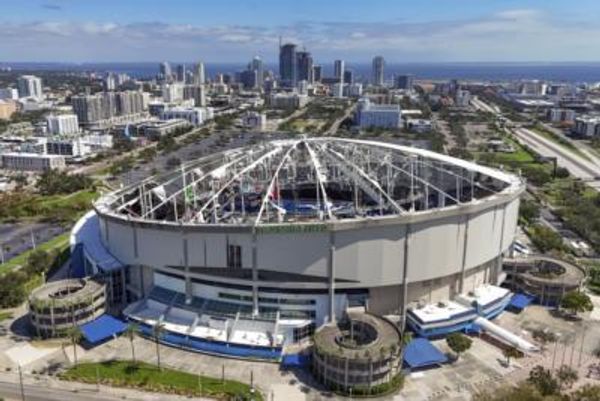Barrels of digital ink have been spilled bemoaning record U.S. inflation, which stands at 8.3%, and has been as high as 8.5% in 2022, which is a 40-year record.
There’s good reason for the sour sentiment. Due to rising inflation, major economic metrics like consumer sentiment, manufacturing indexes, and small business confidence have largely taken up residence in negative territory in 2022.
That’s not the case for every industry or every corporate brand, however. According to a new study from the foot traffic analytics firm Placer.ai, some corporate entities are actually faring well financially during a high-inflationary period.
“While inflation has led to many, if not most retailers “feeling the crunch,” there are some brands out there that are thriving,” the report noted. “Despite a tough economic environment, overall retail visits were down only 0.3% in August compared to August 2019 — a sign the retail sector is taking high inflation in stride.”
What retail brands and sectors are grading higher as high prices chase many consumers away from shopping activities? The Placer.ai report has some nominations for that category, too.

Getty Images
· Brick-and-mortar retail is demonstrating resilience once again: The wider retail sector is still in relatively good health, with nationwide retail visits in July 2022 higher than in the equivalent month in 2019.
“So while consumers may be trading down and looking for ways to stretch their budgets, foot traffic data indicates that the true state of retail is not as bleak as may be expected,” the report stated.
· Dollar stores continue to dominate: With budgets tightening around the country, many consumers are looking for lower-cost options such as discount and dollar stores.
“Recent expansions mean that these chains now have larger store fleets and can reach more shoppers looking to trade down on everyday essentials,” Placer.ai noted. “If these brands prove capable of taking advantage of this increased interest, the result could be a longer-term boost.”
· Fitness is rising – and low-cost chains are benefiting the most: Fitness subscriptions tend to come with some sort of commitment, so consumers who joined gyms before inflation hit the headlines may be trying to get the most out of their monthly membership fee and hitting the gym for budget-friendly recreation.
“As consumers look to stretch their budgets wherever possible, low-cost chains such as Planet Fitness are seeing the fastest growth,” the study stated.
· Trading down destinations are particularly well positioned: Companies that offer lower-cost alternatives to traditional dining and retail are seeing a visit boost.
“Brands such as McDonald’s, which can welcome diners trading down from full-service restaurants, or Citi Trends, which can attract shoppers trading down in the apparel space, are particularly well positioned in the current climate,” Placer.ai stated.
Why Some Industries Prosper in Tough Economies
Traditionally, companies that sell “what you need, not what you want” products and services tend to hold up better during recessions and enjoy greater pricing power, money experts say.
“These kinds of companies tend to be in the defensive sectors of consumer staples, healthcare, and utilities,” said Vineyard Global Advisors chief investment officer Thomas Samuelson.
In the current cycle, energy companies are also proving more resilient than in prior cycles due to strong supply/demand fundamentals, Samuelson noted.
“A screen of the top 1,000 US companies by gross margin strength, shows five energy companies at the top of the list,” he said. “Consumer staples companies like Pepsi and Coca-Cola have also seen very little margin deterioration this year and the same is true of many healthcare names.”
Companies that offer mission-critical products and services, like enterprise software, 5G networking infrastructure, and cyber security have also seen very little margin pressure.
“Examples of these companies are Microsoft, Oracle, Palo Alto, and Arista Networks,” Samuelson said. “At the other end of the spectrum, companies in industries that are less resilient to an economic slow-down like airlines, cruise lines, and travel-related business are likely to be more impacted by inflation pressures and a recession.”
The price companies charge is another factor in protecting some and penalizing others in high inflationary periods.
“Companies that have pricing power do well,” said Charan Associates CEO Ram Charan. “These companies have an advantage because of trust in the brand, or their ability to innovate, or because they have control of parts of the value chain.”
In particular, luxury brands tend to have pricing power.
“Some high-end retailers increased prices 20% in January and have been able to sustain it,” Charan told TheStreet.com. “Companies whose products are a lower-cost option to premium products will also benefit from people trading down as their household budget tightens.”
“People will feel more pressure as their paychecks fail to keep pace with price inflation,” he added.
Inflation and the Holiday Shopping Season
Vineyard Global expects a weaker holiday season than last year as consumers are forced to re-channel more spending into essential goods and services, like food and gasoline due to inflation.
“Additionally, the slowing economy, falling stock market, and weaker home prices may also weigh on consumer confidence and holiday spending plans,” Samuelson said.
The holiday season in America will also vary from sector to sector, but that may not matter to diligent holiday shoppers.
“Americans are used to celebrating the season, and they will borrow to do so,” Charan said.
Their purchases will be bifurcated into two segments.
“The first is near-premium,” Charan noted. “Here people who have money, have steady jobs, or are rich will continue to spend. The second is low price. Many people are having paycheck difficulties and will shop for lower priced products, including food and beverage. “







